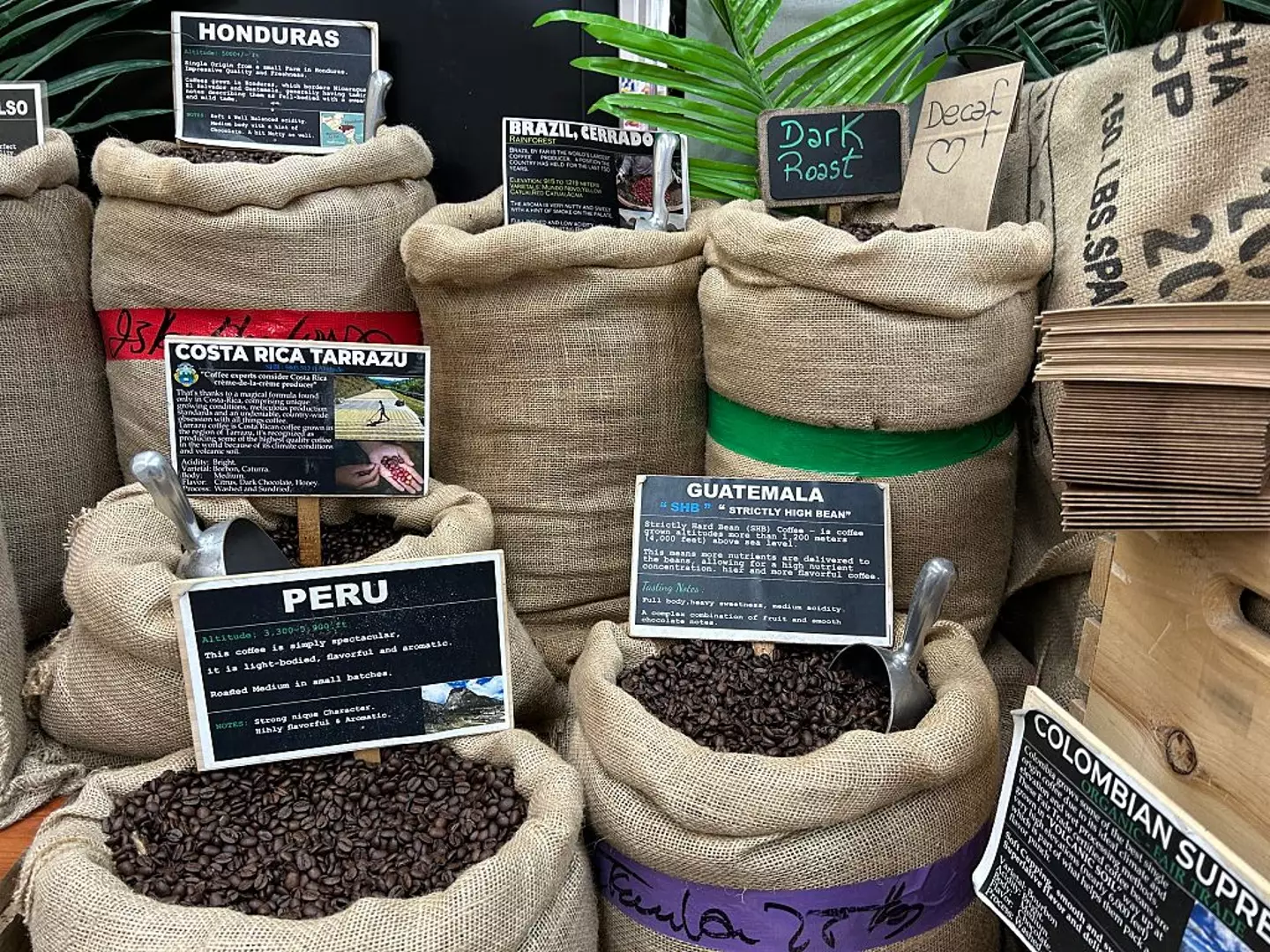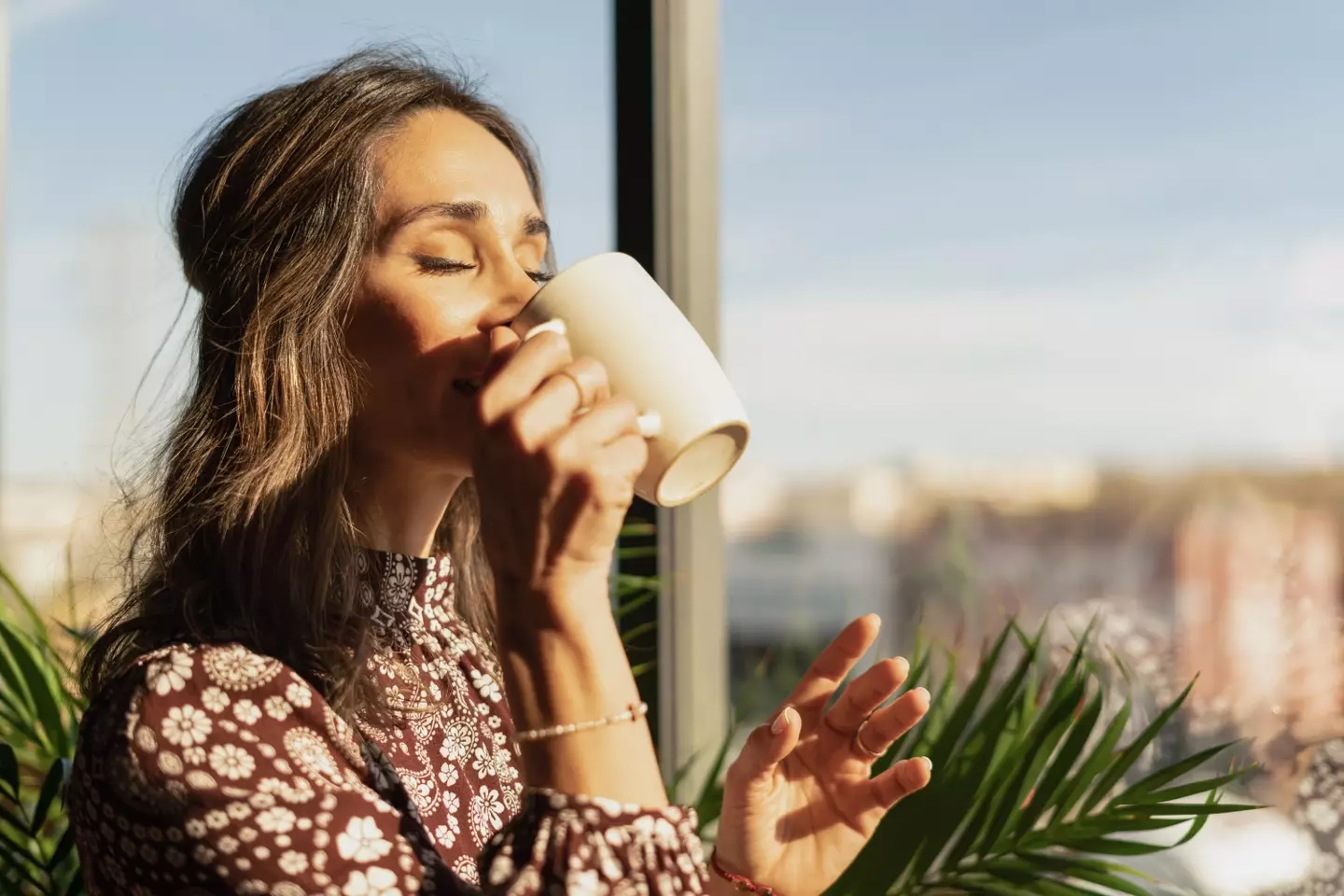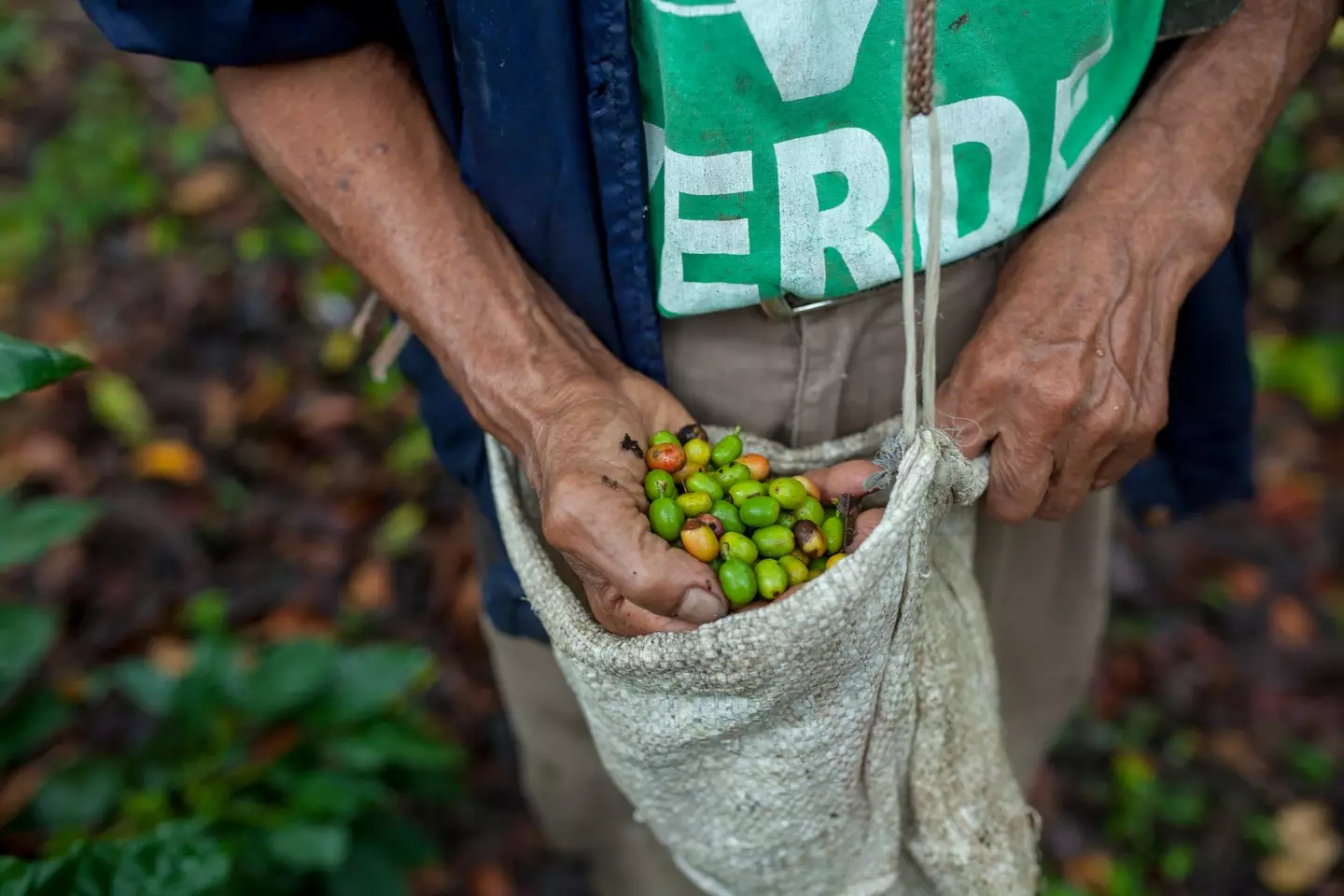
Coffee is basically life. More than 2.25 billion cups are consumed every day worldwide, and two out of three Americans are brewing their own at home daily.
But a new study shows that not all coffee is created equal - and where your beans come from matters more than you think.
The team tested 57 coffee products from 45 brands for heavy metals, pesticides, acrylamide, phthalates, and glyphosate by-products, collecting 'thousands of data points across a range of harmful substances.'
While coffee still ranks as 'one of the cleaner food categories' the group analyses, the results show that packaging, roast level, and sourcing origin can drastically change your exposure to unwanted chemicals.
Advert

One surprise is that organic coffee isn’t automatically safer.
Every organic coffee sample tested contained AMPA, a chemical residue from glyphosate - a substance that’s supposed to be prohibited in organic farming.
"Consumers assume that labels like ‘organic’ mean protection from chemicals like glyphosate, but our data shows that’s not always the case," explained Molly Hamilton, executive director of the Clean Label Project.
"The detection of AMPA in 100% of organic samples is a wake-up call."

Other findings were equally eye-opening. Canned coffee had up to 66.9% more acrylamide - a potential carcinogen - than pods, and 57.6% more than bags.
Coffee pods also had the highest levels of DEHP, a plasticizer linked to endocrine disruption, averaging more than double the amount found in bagged coffee. Roast level matters too: dark roasts had lower acrylamide levels than medium or light roasts. African beans were generally the cleanest, while Hawaiian beans showed the highest toxin levels.

For anyone who wants a safer, contaminant-free cup, the Clean Label Project’s Clean 16 highlights the top-performing coffees that earned the Purity Award. And yes, some are surprisingly affordable. Here’s the full list:
- 365 Caramel Medium Roast Bag, Organic
- Starbucks Colombia Medium Roast Pod, Non-Organic
- Cameron’s Vanilla Hazelnut Light Roast Bag, Non-Organic
- Forty-Six Dark Roast Bag, Organic
- Dunkin Hazelnut Medium Roast Bag, Non-Organic
- Eight O’Clock Original Roast Bag, Non-Organic
- Fabula Dark Roast Pod, Organic
- Great Value French Roast Pod, Organic
- Groundwork Organic Ethiopia Bag, Organic
- Illy Classico Medium Roast Can, Non-Organic
- Kicking Horse Three Sisters Medium Roast Bag, Non-Organic
- Nespresso Diavolitto Dark Roast Pod, Non-Organic
- Newman’s Own Special Blend Pod, Organic
- Peace Coffee Birchwood Medium Roast Bag, Organic
- San Francisco Rainforest Blend Pod, Non-Organic
- Seattle’s Best Post Alley Bag, Non-Organic
Hamilton says the goal isn’t to shame brands, but to help consumers make safer choices and encourage the industry to reduce contaminants.
"Clean Label Project exists to bring hidden contaminants to light," she says.
"Consumers deserve to know what’s in the products they use every day, and we urge brands and regulators to take action."
So next time you reach for your morning cup, it might be worth checking whether it’s on the Clean 16 list - because not all coffee is created equal, and your health deserves better than a surprise chemical cocktail.
